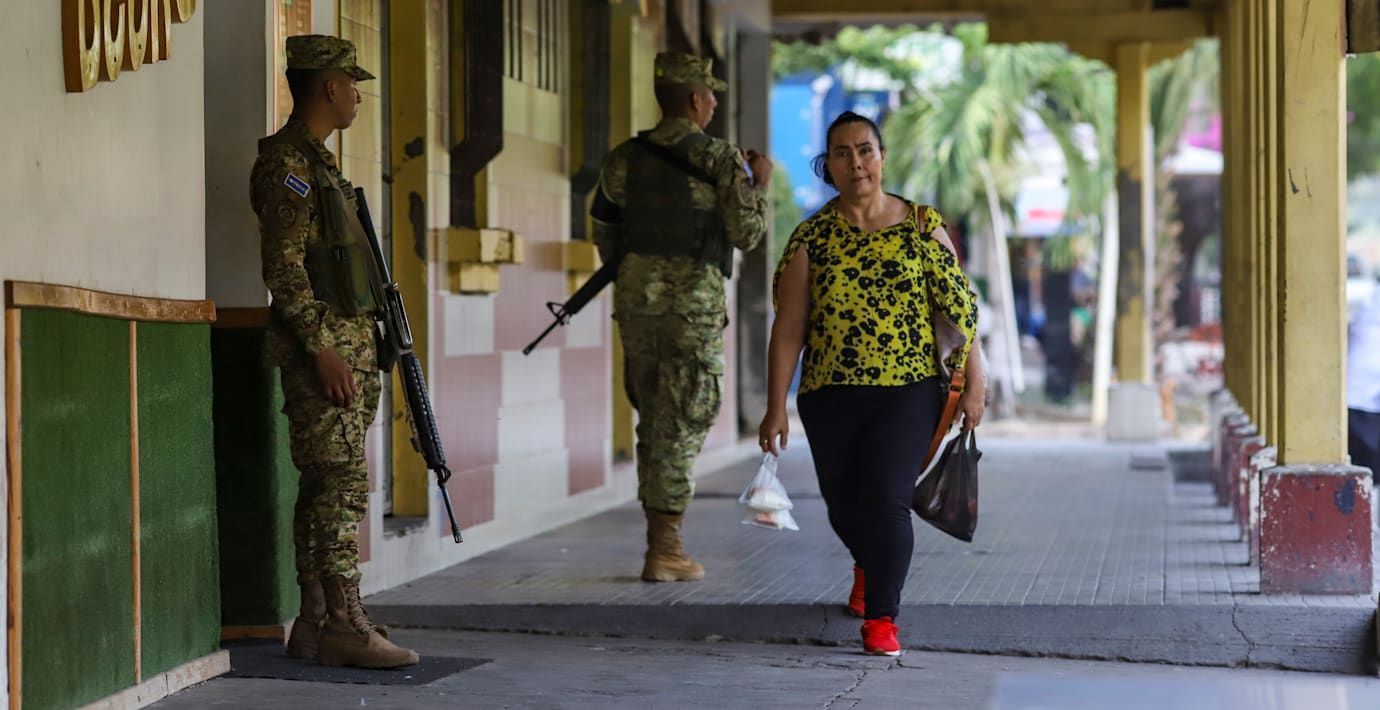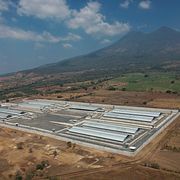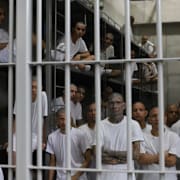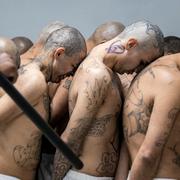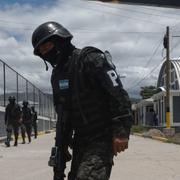bakgrund
Salvadoran gang crackdown
Wikipedia (en)
The Salvadoran gang crackdown, referred to in El Salvador as the Régimen de Excepción (Spanish for State of Exception) and the Guerra Contra las Pandillas (Spanish for War Against the Gangs), began in March 2022 in response to a crime spike between 25 and 27 March 2022, when 87 people were killed in El Salvador. The Salvadoran government blamed the spike in murders on criminal gangs in the country, resulting in the country's legislature approving a state of emergency that suspended the rights of association and legal counsel, and increased the time spent in detention without charge, among other measures that expanded the powers of law enforcement in the country.
As of 25 July 2023, 71,976 people accused of having gang affiliations have been arrested, which has overcrowded El Salvador's prisons. As of 16 May 2023, 5,000 people who were arrested have been released.Domestically, the crackdown has been popular among Salvadorans weary of gang violence. Conversely, human rights groups expressed concern that the arrests were arbitrary and had little to do with gang violence, and several U.S. government representatives expressed concern about the violence in the country and the methods used to combat it; these comments were criticized by Salvadoran President Nayib Bukele.
In January 2023, Minister of Defense René Merino Monroy announced that the government registered 496 homicides in 2022, a 56.8% decrease from 1,147 homicides in 2021. He attributed the decrease in homicides to the gang crackdown. That same month, the government opened the Terrorism Confinement Center (CECOT), a prison with a capacity for 40,000 prisoners.Politicians across Latin America—in countries such as Chile, Colombia, Costa Rica, Guatemala, Honduras, Ecuador, and Peru—have implemented or have called for the implementation of security policies similar to those implemented by Bukele.
